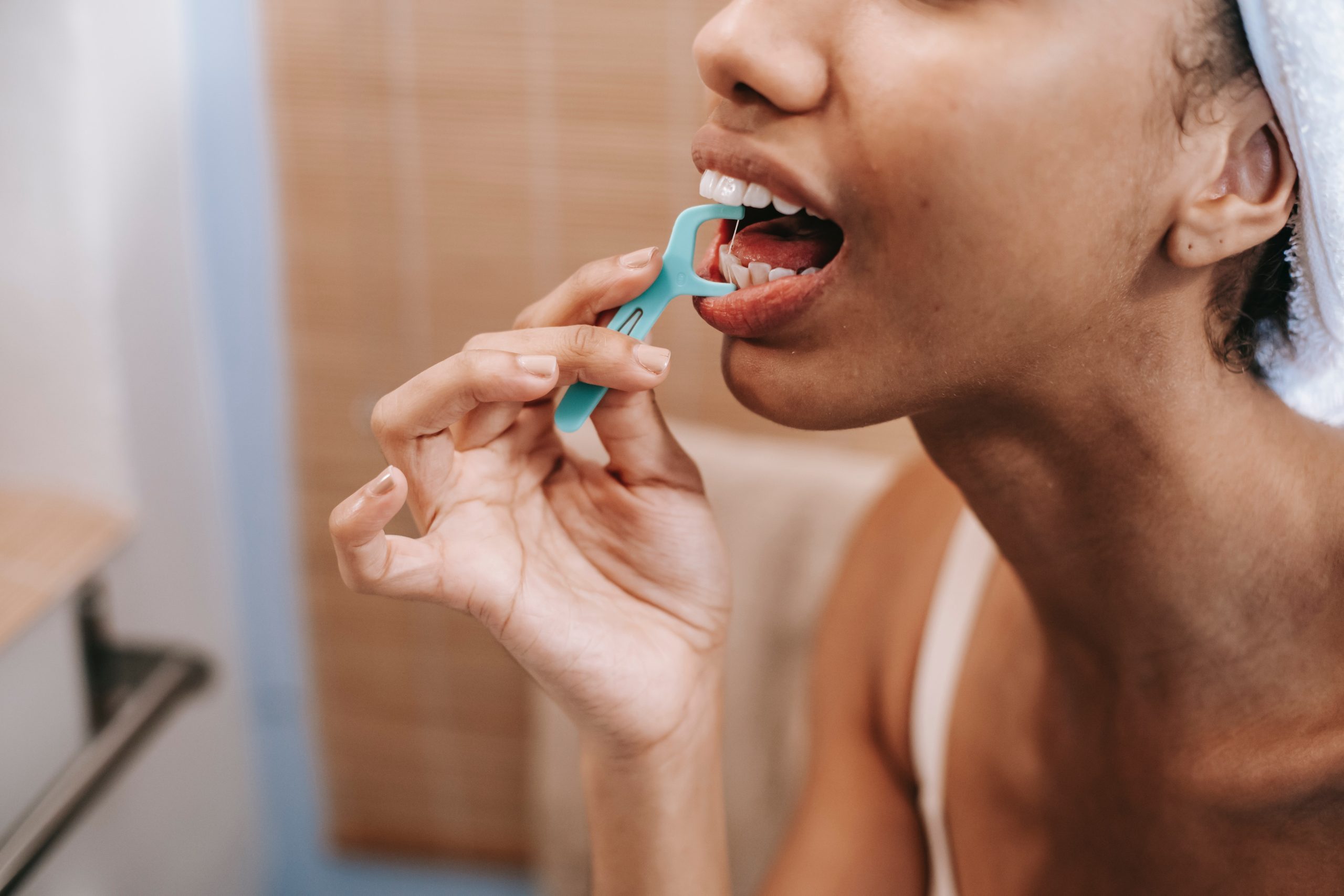Wisdom teeth removal is a common dental procedure that many individuals undergo in their late teens or early twenties. While the goal is to improve overall oral health, the recovery process can sometimes come with discomfort. It’s important to remember that discomfort is a normal part of the healing process, and there are several strategies you can use to manage it effectively. An expert provides these valuable tips to help you cope with discomfort after wisdom teeth removal Sydney.
1. Follow Post-Operative Instructions:
Your oral surgeon will provide you with specific post-operative instructions. It’s crucial to follow these guidelines carefully to ensure proper healing and minimise discomfort. This may include instructions for pain management, oral hygiene, diet, and medication.
2. Manage Pain with Medication:
Pain and discomfort are natural after a surgical procedure. Your oral surgeon may prescribe pain medications or recommend over-the-counter pain relievers to help manage your discomfort. Be sure to take the medication as directed and adhere to the recommended dosages.
3. Apply Cold Compresses:
Applying a cold compress to the outside of your cheek in the first 24 hours can help reduce swelling and numb the area, providing relief from discomfort. Remember to use the cold compress intermittently and avoid placing it directly on the skin to prevent frostbite.
4. Stay Hydrated:
Drinking plenty of water is essential for your overall well-being and can aid in the healing process. However, avoid using straws for the first few days after surgery, as the sucking motion can dislodge blood clots and hinder the healing process.
5. Eat Soft and Nutrient-Rich Foods:
Stick to a soft diet during the initial days of recovery to avoid putting unnecessary strain on the surgical area. Foods like yogurt, mashed potatoes, soups, smoothies, and scrambled eggs are easy to consume and provide essential nutrients for healing.
6. Practice Good Oral Hygiene:
While you should avoid brushing or rinsing the surgical area for the first 24 hours, it’s important to maintain good oral hygiene in the rest of your mouth. Gently clean your mouth with warm saltwater rinses starting the day after surgery to keep the area clean and promote healing.
7. Rest and Allow Your Body to Heal:
Rest is crucial for the healing process. Avoid strenuous activities for the first few days and give your body the time it needs to recover. This is an opportunity to relax and prioritise your well-being.
8. Elevate Your Head:
Sleeping with your head elevated on pillows can help reduce swelling and discomfort. Prop yourself up at a comfortable angle to promote healing and alleviate pressure on the surgical site.
9. Avoid Certain Activities:
After removing your wisdom teeth in Sydney, avoid activities that can disrupt the healing process, such as smoking, drinking alcohol, and vigorous rinsing. These activities can delay healing and increase the risk of complications.
10. Attend Follow-Up Appointments:
Keep your scheduled follow-up appointments with your oral surgeon. These appointments allow them to monitor your healing progress, address any concerns, and make adjustments to your treatment plan if necessary.
11. Manage Swelling and Discomfort Naturally:
In addition to prescribed medications, you can explore natural remedies to manage discomfort. Herbal teas, like chamomile or ginger, can have anti-inflammatory properties that may help reduce swelling and ease discomfort.
12. Distraction and Relaxation Techniques:
Engage in activities that help take your mind off the discomfort, such as listening to soothing music, watching movies, or practicing deep breathing and relaxation exercises.
If you have any concerns about your recovery or want to know about the wisdom teeth removal cost Sydney, don’t hesitate to reach out to your oral surgeon for guidance and support.

